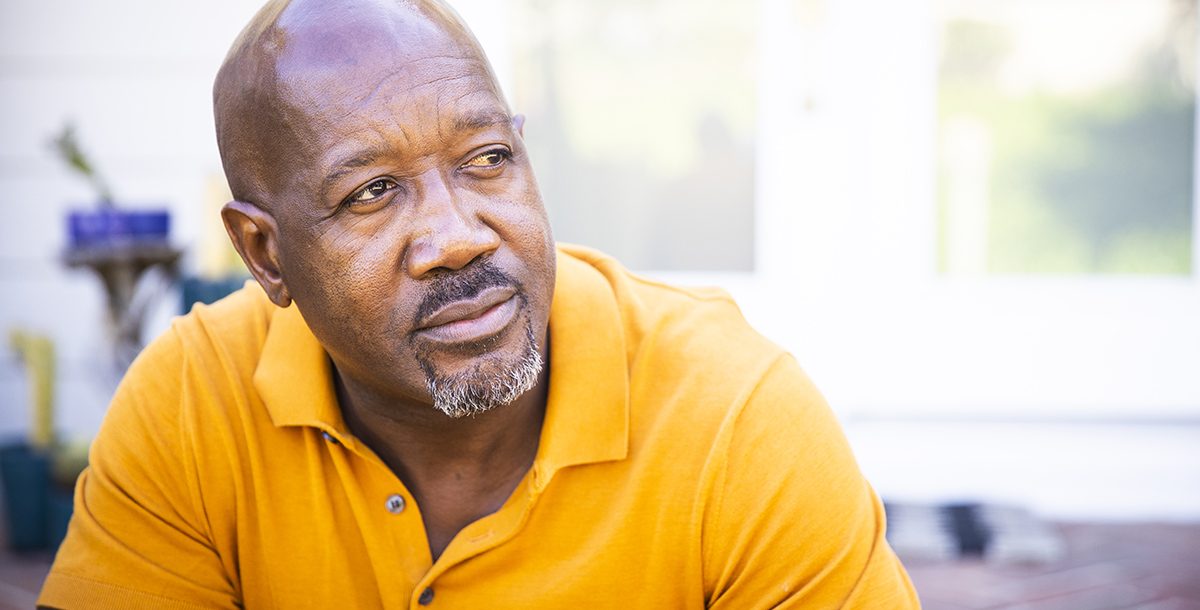It’s no secret that many men hesitate to see a health care professional. However, that kind of reluctance can lead to a number of health complications down the road.
Here are some of the most common health problems that every man should know about.
Heart disease
High stress levels, a sedentary lifestyle and a poor diet can put you at risk for certain types of heart disease. But other types of heart disease simply stem from birth defects.
Roughly one in three men suffer from cardiovascular disease, and it’s more common in African Americans.
When it comes to heart disease, it’s important to see a health care provider if you experience any of the following symptoms:
- Chest pain
- Dizziness or lightheadedness
- Fainting
- Fatigue
- Fluttering sensation in your chest
- Numbness or weakness in your extremities
- Shortness of breath
Older men aren’t the only ones who may develop heart issues. Men who are under 45 often experience high blood pressure. If left unchecked, high blood pressure can cause severe problems, such as a heart attack or stroke.
Skin cancer
When you’re enjoying the great outdoors, don’t forget to bring along sunscreen. Men tend to die of skin cancer at higher rates than women, so take this health risk seriously.
Skin cancer should be treated as early as possible. If you notice any of these symptoms, especially on your face or trunk, consult with your primary care provider.
- Brown spot with dark speckles
- Lesion with asymmetrical shape
- Mole that changes in size or color
- Painful lesion
If skin cancer runs in your family, you sunburn easily or have a history of irregular moles, you should be particularly vigilant.
Although skin cancer can develop on body parts that don’t get sun exposure, you should always take precautions when you’re outside. Use a broad-spectrum sunscreen that protects against both UVA and UVB rays. Look for products that are at least SPF 30 and reapply as needed. In addition, wear lightweight clothes and accessories that limit sun exposure.
Colon cancer
If you’re 50 years old or older, you should schedule routine colon cancer screenings with your primary care provider. Although it’s one of the top health risks for men, it’s easiest to treat when it’s caught early.
Some symptoms of colon cancer include:
- Blood in stool or rectal bleeding
- Diarrhea or constipation
- Fatigue
- Pain in your abdomen
- Unexpected weight loss
Many of these symptoms can simply be signs of less severe problems, such as IBS. And in some cases, colon cancer can spread before you even notice the signs. With that in mind, regular screenings are very important.
Prostate cancer
Men over 50 should also seek a regular prostate cancer screening. About one out of every eight men develop prostate cancer, but it’s rare in people under 40 years old.
Signs of prostate cancer include:
- Blood in semen or painful ejaculation
- Blood in urine or painful urination
- Difficulty urinating or weak flow
- Pain in the pelvis or hips
These symptoms might seem like obvious signs of trouble. However, in some cases, men with prostate cancer won’t notice any symptoms.
Mental health disorders
Some men don’t like to talk about mental health, but they’re not immune to mental health issues. Disorders such as depression and anxiety are common men’s health issues, and it’s important to be vocal about any problems you may be dealing with.
A wide range of mental disorders can affect people, so if you have thoughts of suicide or you notice that your mood interferes with your daily life or relationships, talk to your primary care provider right away. They may direct you to a therapist or other mental health professional who can offer help.
Learn about all the health care services we offer at Bon Secours.






2 Comments
Post a CommentAniketh Kumar
nice articletere
Great content, thanks a lot.